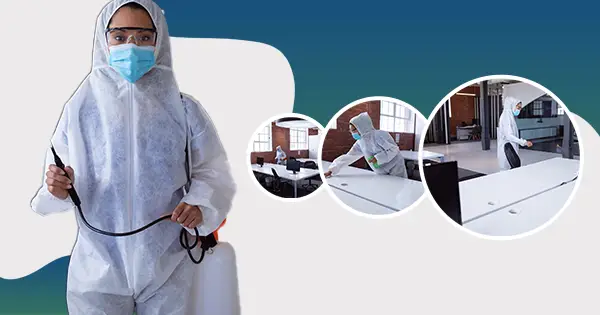Shared workspaces are high-traffic environments where germs and bacteria can easily spread. A clean and disinfected workplace is vital not only for health but also for employee morale and productivity.
Why Disinfection Matters
Regular disinfection reduces the risk of illness and creates a healthier environment for everyone. By maintaining proper hygiene, businesses show employees that their well-being is a top priority.
Professional Disinfection Services
Hiring experts for disinfection cleaning ensures that shared spaces such as desks, meeting rooms, and common areas are thoroughly sanitised, reducing health risks and promoting a safe work culture.
Maintaining Daily Office Hygiene
Alongside disinfection, consistent office cleaning services play a key role in keeping workspaces clean, organised, and welcoming for employees and visitors alike.
Conclusion
Clean and disinfected workspaces boost employee confidence, improve productivity, and reduce absenteeism. By investing in professional cleaning and disinfection, businesses can foster healthier and happier workplaces.


